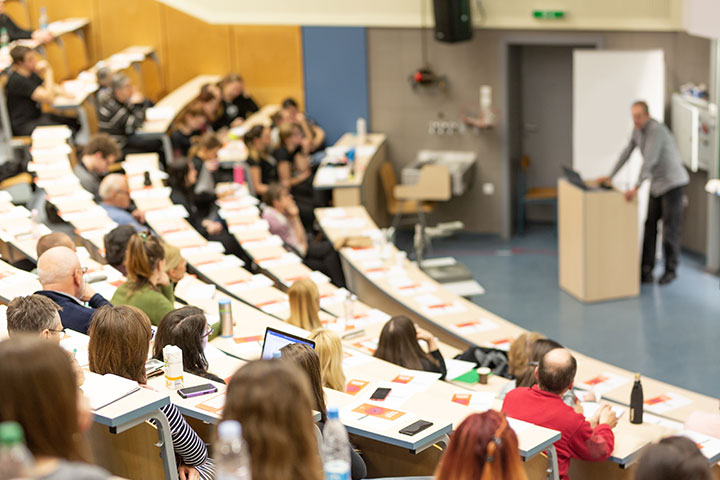Types of Kick-Off Meetings for Academic Conferences
In the modern academic world, conferences are undoubtedly a crucial platform for facilitating knowledge exchange, showcasing research findings, and establishing academic networks. The inaugural session of an academic conference, also known as the opening ceremony, sets the tone for the entire event and is pivotal to the overall ambiance and image. Here are several common forms of academic conference kickoff sessions:

1. Formal Opening Ceremony:
This traditional approach often includes a welcome address from the host, keynote speeches from distinguished guests, and other ceremonial activities. It tends to be serious and formal, reflecting the scholarly and professional nature of the conference.
2. Keynote Speeches:
In many conferences, the kickoff may begin directly with a series of insightful keynote speeches delivered by leading figures or cutting-edge researchers, sharing the latest research developments. This format is focused and can quickly capture the interest of attendees.
3. Roundtable Discussions:
Some sessions may adopt roundtable discussions, inviting experts to exchange views on the conference theme. Participants gain a multi-faceted understanding of hot topics and different perspectives within the field, fostering academic exchanges and interaction.
4. Live Streaming:
With the advancement of technology, many conferences now use live streaming to conduct their inaugural sessions. This method overcomes geographical barriers and allows scholars from around the world to participate.
5. Cultural Performances:
Certain conferences might include cultural performances related to the conference’s location as a way to kick off the event, adding elements of fun and showcasing the unique charm of the local culture.
6. Interactive Experiences:
In recent years, some conferences have arranged interactive activities for their opening sessions, such as technology demonstrations or virtual reality experiences, enabling participants to feel the latest advancements in the field through experiential learning.
7. Ice-Breaker Activities:
To facilitate networking among participants, conferences might organize ice-breaker activities at the outset. These are designed to break down barriers and help attendees build connections, creating a friendly conference atmosphere.
These various formats can be used independently or in combination as needed. The style of an academic conference's kickoff should be flexibly chosen based on the conference theme, the characteristics of the attendees, and the organizer's intentions, to achieve optimal communication and experience. When designing the inaugural session, finding a method that efficiently conveys information while also engaging participants is crucial. The ultimate goal is to create an open space conducive to academic exchange and collaboration, and knowledge sharing for the benefit of all participants.
